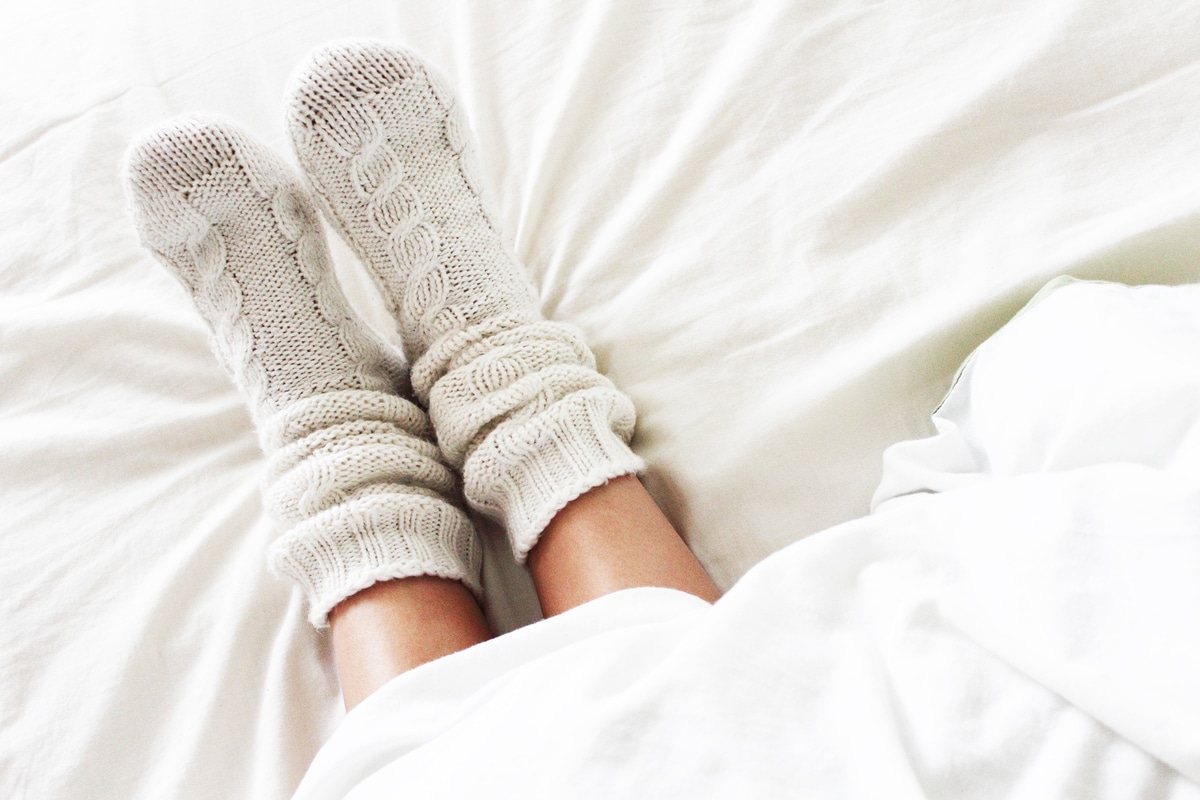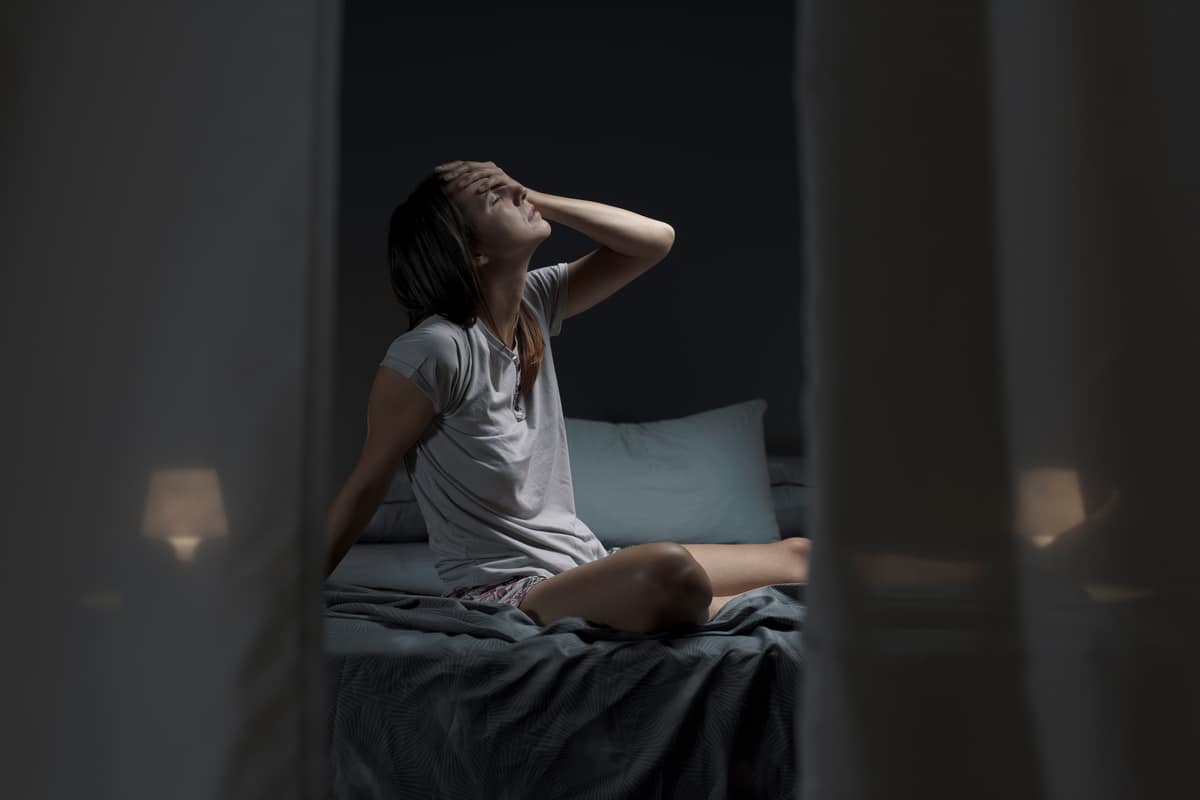
The bedroom is arguably the most essential space within the home. This space should facilitate rest, relaxation, and romance to its fullest extent.
With such great demand, it makes sense that your bedroom’s Feng Shui should be on point! But what is Feng Shui? And how does it work?
Below are some of the most effective Feng Shui tweaks for your bedroom.
What is Feng Shui?
Feng Shui is an ancient philosophy that originates from the Chinese. The philosophy’s goal is to create harmony and balance between elements. To incorporate Feng Shui is to transcend the conventions of Western design—past aesthetics and comfort while emphasizing healthy relationships, success, and health through positive energy flow.
Feng shui is often described as the art of placement because this philosophy is about situating different elements precisely to maximize energy, or “chi,” to be exact. “Feng,” means the wind, and “Shui,” translates to water.
These basic substances are vital to human existence, and they flow and move around the world freely.
What Are the Elements of Feng Shui?
Feng Shui is primarily practised within interior design. That’s because the tools used in the analysis of Feng Shui fit seamlessly with the context of a home.
Feng Shui consists of five elements: fire, earth, metal, wood, and water. Their presence and correct placement within your home generates chi and promotes your success and wellbeing. The optimization of Feng Shui gets determined by the optimal placement of the five elements, determined by the energy map of your space. This is called vagus in Feng Shui.
11 Feng Shui Bedroom Tips
Feng shui can apply to many different areas of our lives. However, the bedroom fits quite nicely within the confines of the philosophy.
1. Place Your Bed in a Commanding Position
Place your bed in a steady and commanding position. In other words, make sure that when you are in your bed, you’re facing the door while not being directly in line with the door.
You don’t want any doors to open directly in line with your bed. You also want to avoid the “coffin position,” where your feet point out the door as this can be costly to your chi.
Additionally, be sure to situate your headboard against a solid wall while having space available on the other three sides of the bed specifically to the left, right, and at the foot of the bed.
Do not place your headboard against a wall that has a toilet on the other side of it. If at all avoidable, refrain from placing your bed under soffits, sloped ceilings, or low beams.
2. No Clutter Beneath the Bed
Make yourself aware of everything that you have stored beneath your bed. This is important because the things under our beds can affect us as we’re sleeping in a passive “yin” state. The items that you have under your bed mat may create or represent subconscious blocks within your life.
This is the moment to clear out the space beneath your bed. Furthermore, if possible, don’t store anything beneath your bed. This will allow the life force energy to flow freely all around, rejuvenating you as you sleep.
If you must use it as a place for storage, make sure that the items are soft and sleep-related such as blankets, pillows, and linens.
3. Take Away Some of the Electronics
Practically speaking, having too many devices in the bedroom can disrupt optimal sleep. If you have difficulty sleeping, refrain from bringing electronics into the room. Just try reading some entertaining books using a simple alarm clock to wake you up to eliminate the need for a phone or other electronics within your bedroom.
4. Pick the Right Colors
The ideal colours for your bedroom will depend on what you need. If passion is what you want more of, add some hints or red. Similarly, for relaxation and support earthy and neutral colours facilitate these well. This includes chocolate, creams, off-white, peach, and cream tones.
If you want more vitality and rejuvenation, use some greens and blues. If you’re looking for companionship, peaches and pink hues are perfect for attracting partnership.
Perhaps most importantly, be attentive to the colours that you are drawn to. Sometimes you already know just what you need if you pay a bit more attention to your intuition.
5. Shop in Pairs
The philosophy of feng shui thinks of pairs as energy promoting. So be sure to dress your bed for two even if you’re not in a relationship currently. Leave some extra room on your bedside table and dresser and put all of your things in pairs such as:
- Two seats
- Two pillows
- Two similar bedside tables
- Two similar lamps
6. Get a Headboard
According to feng shui, headboards provide a feeling of support in one’s life. Make sure that the headboard is attached to the bed snugly to avoid any wobbling. Whenever possible choose a headboard that has soft edges.
Avoid heavy cast iron headboards as they contain the very same “cutting” energy you’re trying to avoid in your space of relaxation. Instead, choose a headboard made of fabric. These headboards provide a much-needed soft and inviting feel.
You can also try a platform bed as they are great as well. Just be sure not to choose one with sharp angles where you’re prone to hurt your shins.
7. Avoid Putting a Mirror in Front of the Bed
Mirrors are a great addition to a small room to make it appear bigger, but it’s challenging to add mirrors to a Feng Shui bedroom layout. That’s not to say that you can’t have mirrors, but make sure they aren’t in front of your bed or your sightline.
The reason behind this is that it can be more of a distracting element than you want when you’re searching for balance and positive energy that flows naturally. You don’t want the mirror to face out of your door, nor do you want to be able to see yourself while lying in bed.
If you absolutely want a mirror in your bedroom, try putting it higher to create a nice balance. You can also try putting it on the opposite wall from the window. That will maximize natural light in the room without being too distracting when you’re trying to relax in bed.
8. Get a Few Plants to Liven Up the Space
Another one of our Feng Shui bedroom tips is to place a few plants around the room for extra wood energy. The plants must be living and vibrant, as they’ll bring a rejuvenating vibe that cultivates flexibility and kindness.
Aside from the nature and life energy that plants can bring in, everyone doesn’t agree on adding them. Just be sure not to go overboard, as plants are still a controversial topic when deciding whether you can have too much green energy, which causes overstimulation.
9. Move the Bookshelf to a Different Room
Books represent stimulation and active energy. It’s okay to have a few books in the room, even one that you keep on your nightstand. But having a large stack of books or an entire bookshelf isn’t conducive to a good night’s rest. Too much mental stimulation will hinder your ability to relax.
10. Sleep and Work Should Be Separate
Having your home office in the bedroom is not a good idea. It can be more challenging to kick back and unwind if all your work materials are near your bed. It’ll also make it challenging to stay focused during the day when your bed is right by your desk. You could feel tempted to lie down instead of finish your tasks.
If there’s nowhere else around the home where you can create an office space, attempt to separate it with something like a curtain in the room. If all else fails, try to cover the desk with a decorative sheet or blanket at nighttime.
11. Choose Meaningful Accessories
This is where a Bagua map comes in handy. It will help you to better understand the types of accessories that should fill out your space. An example would be if your bedroom has a lot of family and health vibes because the wood element is dominant.
In this case, add blues and greens to maintain the energy from that element. Use the map to figure out what other accessories can stimulate your senses.
Examples:
Smell: Try adding some essential oils in a candle diffuser, left on for just a couple of hours each day. Jasmine and Lavender oils are two good choices for the bedroom because they promote calming. If you were going for more passionate and sexual energy, think Ylang Ylang or Cinnamon.
Touch: Soft fabrics reign supreme in a bedroom, as they are inviting and relaxing. Satin, velvet, and Egyptian cotton work well for pillows, sheets, curtains, and cushions. You always want your sheets to feel very soft and comfy on your skin.
Sight: Earthy, neutral tones fall in line with the principles of Feng Shui, but you can also throw in some fiery tones, like red and orange here and there. Find accent pieces that feel right, like ducks, Chinese symbols, or other items that express something (a feeling, a statement, energy), and keep a few near your bed on or the nightstand.
Sound: Some people enjoy having a white noise machine because it further adds to their ability to relax at the end of the night and sleep well. If the sound of water or any other subtle noises help you feel rejuvenated the next morning, go for it.
Taste: You shouldn’t bring food into your bedroom, but it doesn’t hurt to keep a small pitcher of water next to the bed. You can add a little lemon and ginger in the morning and drink it for an energy kickstart to your day.
The Bottom Line
Remember, Feng Shui is all about aligning positive energy to get the best version of you. By organizing the furniture and accessories in your bedroom and around your home in general, you can find a natural alignment between yourself and the world around you.
Here are some common mistakes to avoid when trying to achieve Feng Shui:
- Storing stuff under your bed
- Plants that are dried up and dying
- Pointy plants or sharp corners on your furniture
- Blocked doors
- Asian objects that are random and have no relevance or significance to what you want to attract
These things don’t bring about peace and harmony, but instead, negativity, sickness, and blocked energy. Those can stay away!










